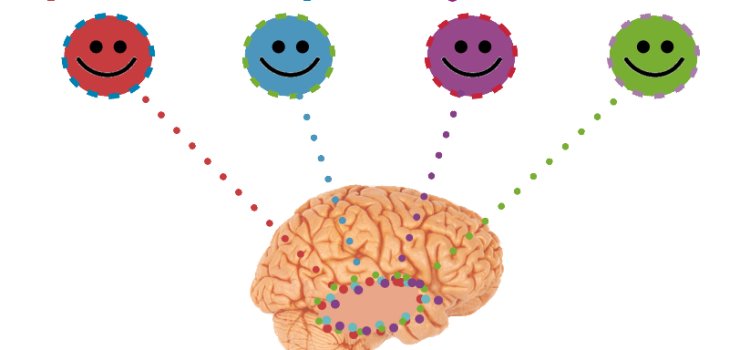
The Science of Happiness: Deciphering the Brain Chemical Code
Happiness, a universal pursuit, is more than just a fleeting feeling of joy. It’s a complex interplay of brain chemistry, lifestyle choices, and mindset. Understanding the intricate web of neurotransmitters responsible for happiness can shed light on how we can boost our overall well-being naturally. In this article, we’ll explore the science behind happiness, the key brain chemicals involved, and practical strategies for a more joyful life.
The Neurotransmitter Network
At the heart of happiness are neurotransmitters, the brain’s messengers, responsible for regulating our mood, emotions, and well-being. Four primary neurotransmitters play pivotal roles in our experience of happiness:
1. Dopamine – The Feel-Good Molecule
Dopamine is often referred to as the “feel-good” neurotransmitter. It’s released when we experience pleasure, achieve our goals, or engage in rewarding activities. Dopamine plays a significant role in motivation, reinforcement, and the anticipation of rewards.
2. Serotonin – The Mood Stabilizer
Serotonin is essential for regulating mood, sleep, and appetite. It contributes to our overall sense of well-being and happiness. Imbalances in serotonin levels are often associated with mood disorders like depression and anxiety.
3. Oxytocin – The Love Hormone
Oxytocin is released during social bonding, physical touch, and trust-building interactions. Known as the “love hormone” or “cuddle hormone,” oxytocin fosters feelings of attachment, affection, and empathy.
4. Endorphins – The Body’s Natural Pain Relievers
Endorphins are the body’s natural pain relievers. They are released during strenuous physical activity, stress, and pain. Endorphins create a sense of euphoria and can even help alleviate pain.

Hacking Happiness: Boosting Your Brain Chemicals
Understanding these neurotransmitters is just the beginning. To boost your happiness naturally, consider the following strategies:
1. Pursue Passion
Dopamine thrives on novelty and challenge. Engaging in activities you’re passionate about, whether it’s a hobby, sport, or creative pursuit, can boost dopamine levels. Set new goals and challenges to keep the excitement alive.
2. Cultivate Gratitude
Practicing gratitude stimulates the release of serotonin. Keep a gratitude journal, and regularly express thanks for the positive aspects of your life. This simple practice can significantly improve your mood and overall happiness.
3. Connect with Others
Oxytocin is released during social interactions. Spend time with loved ones, hug, and engage in meaningful conversations. Building and nurturing relationships can help increase oxytocin levels and strengthen your sense of connection.
4. Exercise Regularly
Physical activity, especially aerobic exercise, triggers the release of endorphins. A good workout session can leave you feeling elated, reduce stress, and boost your overall happiness.
5. Indulge in Laughter
Laughter is a natural way to release endorphins. Watch a funny movie, attend a comedy show, or simply share a good laugh with friends. A hearty chuckle can work wonders for your mood.

The Mind-Body Connection
While brain chemistry plays a pivotal role in happiness, lifestyle and mindset are equally important. Achieving happiness involves a holistic approach:
Mindfulness and Meditation
Practicing mindfulness and meditation can rewire your brain, reducing stress and enhancing emotional well-being. These techniques help you stay present and appreciate the beauty of the moment.
Healthy Diet and Sleep
A balanced diet and quality sleep are essential for maintaining optimal brain function and hormonal balance. A well-nourished brain is better equipped to generate happiness.
Avoid Negative Influences
Limit exposure to negative influences, whether they’re in the form of news, social media, or toxic relationships. Surround yourself with positivity and individuals who uplift your spirit.
The Pursuit of Sustainable Happiness
Sustainable happiness is not about pursuing perpetual euphoria. It’s about embracing a range of emotions and finding contentment in life’s ups and downs. It’s understanding that happiness is a state of being, not a constant high.
By decoding the brain chemical code, adopting positive habits, and maintaining a balanced approach to well-being, you can enhance your happiness levels naturally. Embrace the science of happiness, and let it guide you on a journey to a more joyful and fulfilled life. Happiness is not just a feeling; it’s a state of mind that you can cultivate through understanding and conscious choices.










